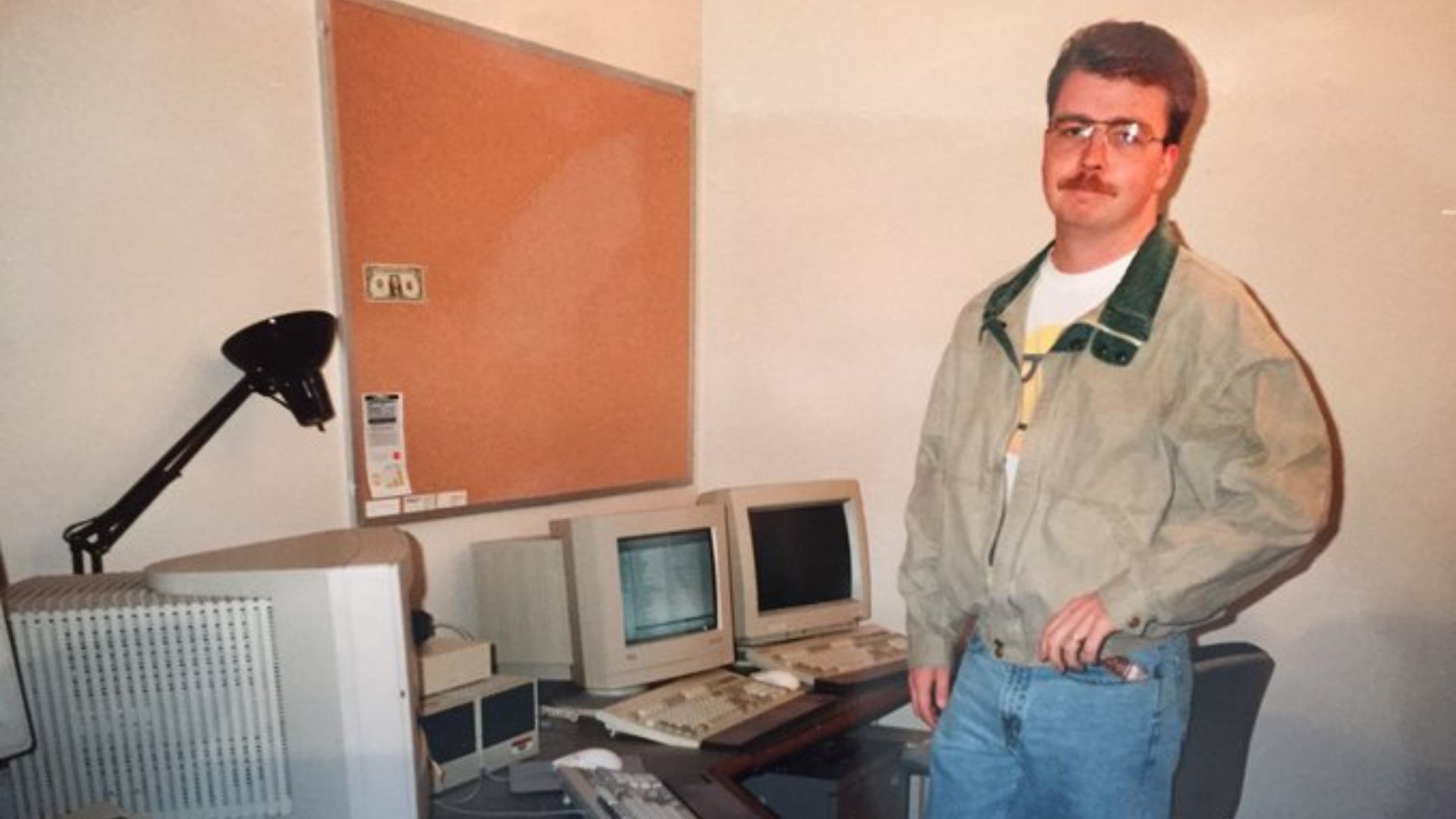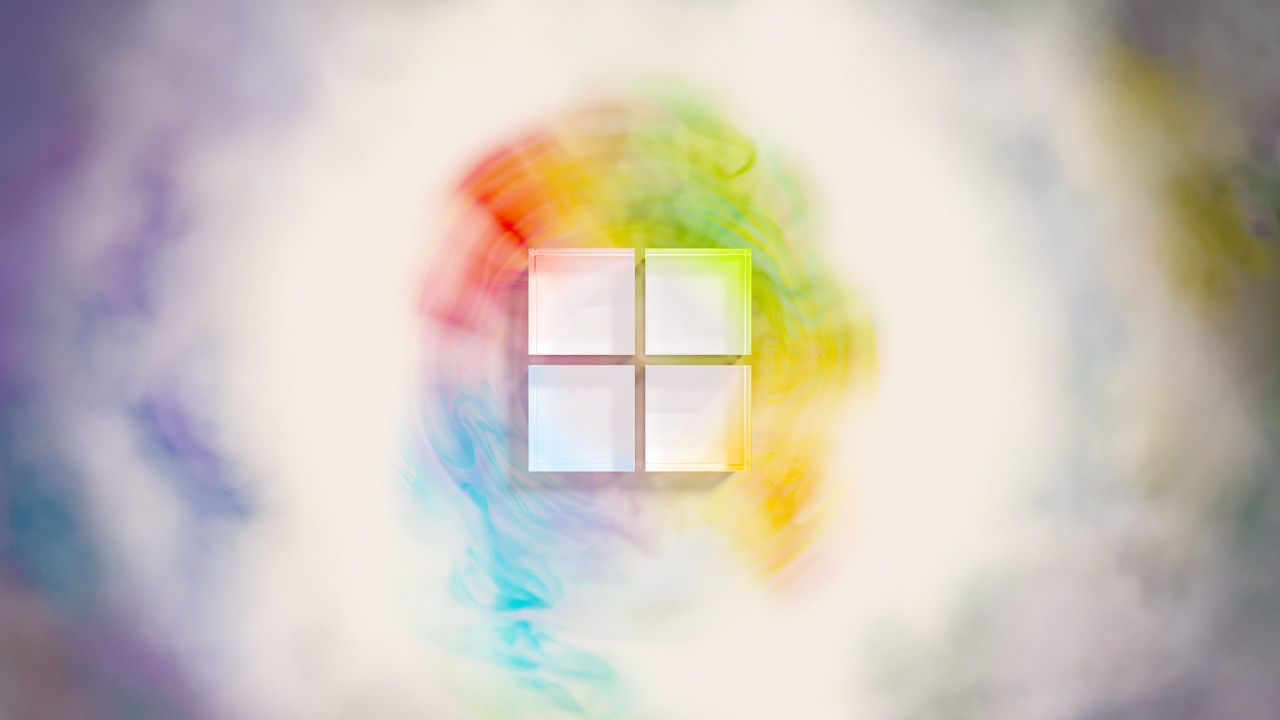"Windows doesn’t really suck" — ex‑Microsoft engineer calls for a ‘Pro Mode’ to cut the clutter
A former Microsoft engineer argues Windows should stop trying to be everything for everyone — and give power users a streamlined Pro Mode.

All the latest news, reviews, and guides for Windows and Xbox diehards.
You are now subscribed
Your newsletter sign-up was successful
Last month, Microsoft pulled the plug on Windows 10, forcing users to either upgrade to Windows 11 or enroll in the company's Extended Security Updates (ESU) program. However, critics have referred to the program as a last-minute snooze button to an already bleeding system since it only postpones the issue by 12 months.
Despite bold statements by the company claiming that "Windows 11 PCs are up to 2.3x faster than Windows 10 PCs," and the use of full-screen multi-page pop-up ads, users are seemingly reluctant to make the transition. This could be partly due to Microsoft's stringent hardware requirements and design flaws consistent across the OS.
Some users have even claimed that Microsoft's decision to pull the plug on Windows 10 is programmed obsolescence, which has left approximately 400 million Windows PCs without support, and could lead to the single most significant jump in dumped computers ever.
Our senior editor, Ben Wilson, recently asked our audience to share their sentiments about Windows 11 and why they don't like the OS. Going by the comments, Microsoft's heavy integration of AI into Windows 11, the Start menu, and the mandatory use of a Microsoft Account when installing the operating system seemed like the most consistent complaints among users.
👉 Ex-Microsoft Senior Software Engineer says Windows 11's Start menu is comically bad
As highlighted by one of our readers in our relatively new and shiny comment section:
Lots of little things, not individually deal breakers but are adding up to make using it just feel bad. 1. Why will W11 "break" if I remove Edge? Installing an alternative and setting defaults gets overwritten and Edge somehow ends up back as defaults. Infuriating. 2. Why can I not remove CoPilot system-wide? Madness. 3. Adverts, pop-ups, upsell at almost every opportunity. Constantly. Periodic "let's finish setting up your PC", when it is set up! And the finishing set up consists of just upsell. 4. Background processes spinning up randomly and demanding huge chunks of resources until whatever they are complete. Then, MS as a whole has a very unappealing modus operandi. Exerting as much control as they can, fumbling Xbox, fuelling the AI slop apocalypse, etc. The very worst part, I'm not confident enough to move to Linux and past attempts ended in frustration. So I am "stuck" with MS W11 and no way I'd move to Apple where not only is the software locked down, the hardware is as well. Big sigh.
Sam Lawton
Even former Microsoft engineer Dave Plummer (famously known as Dave's Garage) seemingly shares the same sentiments, blatantly indicating that "Windows sucks" in his latest YouTube video.
All the latest news, reviews, and guides for Windows and Xbox diehards.
For context, Plummer worked at Microsoft as an engineer, making contributions across the Windows ecosystem, including the Windows Task Manager, Calculator, and even Windows Pinball, and ZIP file support.
The veteran engineer admits that Microsoft provides a solid user experience for the average user in Windows 11, but not so much for the power users who spend most of their days interacting with the platform.
Perhaps more interestingly, the engineer highlighted an interesting way he'd fix Windows 11, making it more appealing to everyone, including power users. According to Plummer:
"I'm going to do something that won't actually get me invited to many brand loyalty barbeques. I'm going to argue that Windows really does suck for some people and some of the time, and for reasons that are pretty specific once you peel back the paint. Because I helped paint a few coats of those myself back in the 90s, I'm going to show you where the brush strokes went wrong, who they were meant for, and how I'd fix it if heaven help us, I was suddenly put in charge."
Plummer says Microsoft has spent the better part of the past two decades "rounding off the edges to make the on-ramp smoother for the widest possible audience." However, he argued that this doesn't necessarily meet the needs of power users.
The engineer indicated that during the days of former Microsoft CEO Steve Ballmer, the goal was to give Windows an app ecosystem, and now that the mission has been accomplished, the nostalgic Developers, Developers, Developers chant should now evolve to power users, power users, power users. Plummer indicated that power users set the tone, who most people rely on for technical advice when using Windows.
Microsoft engineer explains how he'd fix Windows
Dave Plummer says that it would be possible to develop an operating system that "welcomes newcomers without putting the experience in mitten mode." To achieve this, he'd add a "clutch pedal," which would incorporate a professional mode, potentially bringing back the paint. The new user experience will change the operating system's characteristics from safe and chatty to deterministic and tough.
He clearly indicates that professional mode wouldn't be just a skin of theme, but a treaty between the OS and the operator, which changes the user experience by dropping (verbosity and nudging) app suggestions and web search in local search unless you ask for it. He also suggests that he'd make settings more accessible by bumping them into a single authoritative place. "No more scavenger hunting," Plummer added.
Finally, the Windows terminal becomes the default console. Plummer argues that Winget (Windows Package Manager), SSH (Secure Shell), tar, and all their friends should be "unambiguously available and already on the path for you."
Plummer indicated that the professional mode should also stop second-guessing you constantly. He listed the main problems highlighted by users about the Windows operating system, including privacy and telemetry, being forced into a Microsoft Account during setup, updates that surprise like a SWAT team advance, and the general feeling that your desktop is the last unmonitored surface in a world that hates an empty space.
But the realistic answer to address the telemetry issue isn't to get rid of it completely, but radical transparency and control. "If I were King, Windows would ship with a privacy ledger," added Plummer. It would serve as an always available system log for outbound telemetry.
To fix the Windows updates issue, Plummer says cadence and a choreographed pattern to these security updates matter. The engineer says a new social contract would address these issues. As such, Plummer's pro mode addresses the problem with scheduled Windows maintenance by default. "It never reboots you from out of work."
What's more, the update should also include intricate details about what it is going to change in plain language, and also make it easier to roll back using one click. The Windows Pro mode also addresses the upselling of products within the platform. "I think we've crossed the line over to where the operating system feels like a sales channel for all their other properties."
However, Plummer says that this would turn the Windows Pro mode into a paid service, allowing you to get rid of all those annoying ads.
Right now, this is what people mean when they say Windows sucks. They're not complaining about the anti-thread scheduler or the IO stack. They detest the experience of being sold to by your own computer that you already own.
According to Plummer:
"The punchline then is that Windows doesn't really suck. It's that Windows tries to be a friendly town for everybody, and the zoning board forgot to include a neighbourhood for the weirdos who build their own furniture".
The engineer's Windows Pro mode suggestion seems to address most of the issues highlighted by users, but it remains unceratin whether Microsoft will pick it up and integrate it into Windows 11 or even Windows 12.
Plummer says he left Microsoft over two decades ago and "nobody's calling to ask for my opinion. I get no credit for the wins and I take no blame for the boneheaded decisions, though I deserve the right to admire one and roast the other."
FAQ
Why do people dislike Windows 11?
Based on common complaints among users across social media, it's seemingly a combination of ads, stringent hardware requirements, and design flaws.
What is ‘Pro Mode’ in Windows?
It’s a proposed feature — not yet real — that would give power users a streamlined, advanced interface without the clutter designed for casual users.
Why do some users want Pro Mode?
Because Windows often hides advanced options or adds extra steps to keep things simple for beginners. Pros want speed and direct access.
Is Microsoft planning to add Pro Mode?
There’s no official confirmation. It’s currently just a suggestion from outside the company.
When will Microsoft ship Windows 12?
Until now, Microsoft has remained quiet about developing Windows 12 as Windows 11's successor; however, rumours and teases suggest that the OS could be under development.

Follow Windows Central on Google News to keep our latest news, insights, and features at the top of your feeds!

Kevin Okemwa is a seasoned tech journalist based in Nairobi, Kenya with lots of experience covering the latest trends and developments in the industry at Windows Central. With a passion for innovation and a keen eye for detail, he has written for leading publications such as OnMSFT, MakeUseOf, and Windows Report, providing insightful analysis and breaking news on everything revolving around the Microsoft ecosystem. While AFK and not busy following the ever-emerging trends in tech, you can find him exploring the world or listening to music.
You must confirm your public display name before commenting
Please logout and then login again, you will then be prompted to enter your display name.

